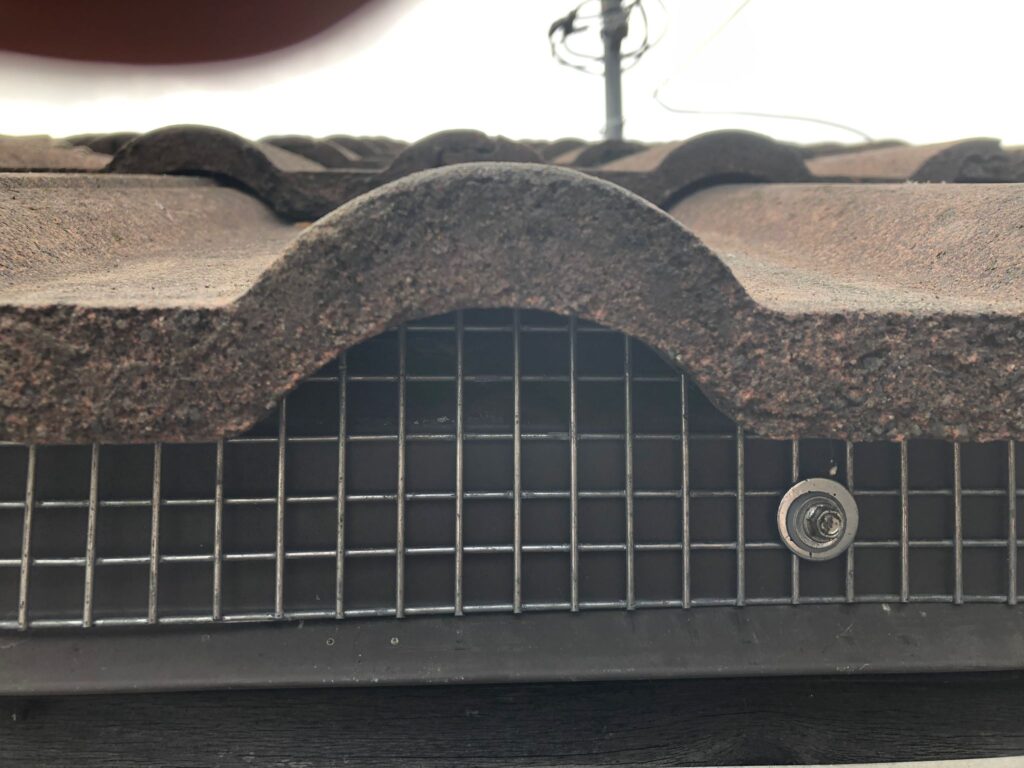Spring is almost here! While you make plans for the season of love, you should also consider protecting your home from pest infestations.
As the weather warms up, in Canada, several rodents become active in spring. Some common rodent troublemakers are
Groundhogs: Also known as woodchucks, groundhogs are one of the most iconic rodents in Canada. They emerge from their burrows in the spring after hibernating throughout the winter.
Red squirrels: These small, feisty rodents are active year-round, but they become more active in the spring as they start to prepare for breeding season.
Voles: Voles are small, mouse-like rodents that are common in Canada. They are active year-round but are more visible in the spring when they start to forage for food and build their nests.
Chipmunks: Chipmunks are another small rodent that becomes active in the spring. They spend the winter in hibernation and emerge in the spring to mate and forage for food.
Deer mice: Deer mice are common in Canada and are known for their distinctive white underbelly. They are active year-round but become more visible in the spring as they forage for food and build their nests.
- Raccoons are another animal that becomes more active in the spring. Here are some things you might see raccoons doing during this season:
- Breeding: Raccoon breeding season typically begins in late winter and extends into early spring. During this time, male raccoons will search for females and engage in courtship behavior.
- Foraging: Raccoons are omnivores and will eat a wide variety of foods. In the spring, they will forage for berries, nuts, and other vegetation that is starting to grow. They may also scavenge for food in garbage cans or other human-made sources.
- Nesting: Female raccoons will build nests for their young in the spring. They may use tree cavities, hollow logs, or other sheltered areas such as attics and basements to build their dens.
- Exploring: Young raccoons are born in the spring, and they will begin to explore their surroundings as they grow. They may venture out of their dens with their mothers to learn how to forage for food and avoid predators.
It’s worth noting that raccoons can be a nuisance animal in some areas, as they may raid garbage cans or cause damage to property. If you have concerns about raccoons on your property, it’s best to contact a wildlife control professional for assistance.
How do pests affect your home?
Rodents can have a variety of negative effects on your home if they take up residence there. Here are some of the most common ways pests can impact your living space:
Property damage: Rodents are notorious for chewing through materials like wood, drywall, and insulation. They may damage walls, floors, and other structural elements of your home as they gnaw and burrow.
Health risks: Pests can carry a variety of diseases that can be transmitted to humans. Some of these diseases, such as Hantavirus and Salmonella, can be life-threatening. Rodents can also trigger allergies in some people.
Contamination: Rodents may leave droppings, urine, and other waste products throughout your home. This can create an unsanitary environment and may attract other pests like flies or cockroaches.
Food contamination: Pests will eat almost anything, including human food. They may contaminate your pantry items with their droppings, urine, or hair, making them unsafe to eat.
Electrical damage: Rodents may chew through electrical wires and other components, creating a fire hazard.
Overall, rodents can cause a range of problems if they take up residence in your home. If you suspect you have a pest infestation, it’s best to contact a pest control professional who can help you identify and address the problem.
How do you keep pests out of your home?
While traps and pesticides may be temporary alternatives, pest proofing offers a more reliable and safe solution. Rodent proofing your home does not use any poisons, keeps all pests out and can also clear out existing infestations! Moreover, it does not affect the aesthetics of your home and is completely humane to the critters as well. If you’d like to know more, reach out to Pest Proof Pros or call us at 604-330-5882. Happy spring!



